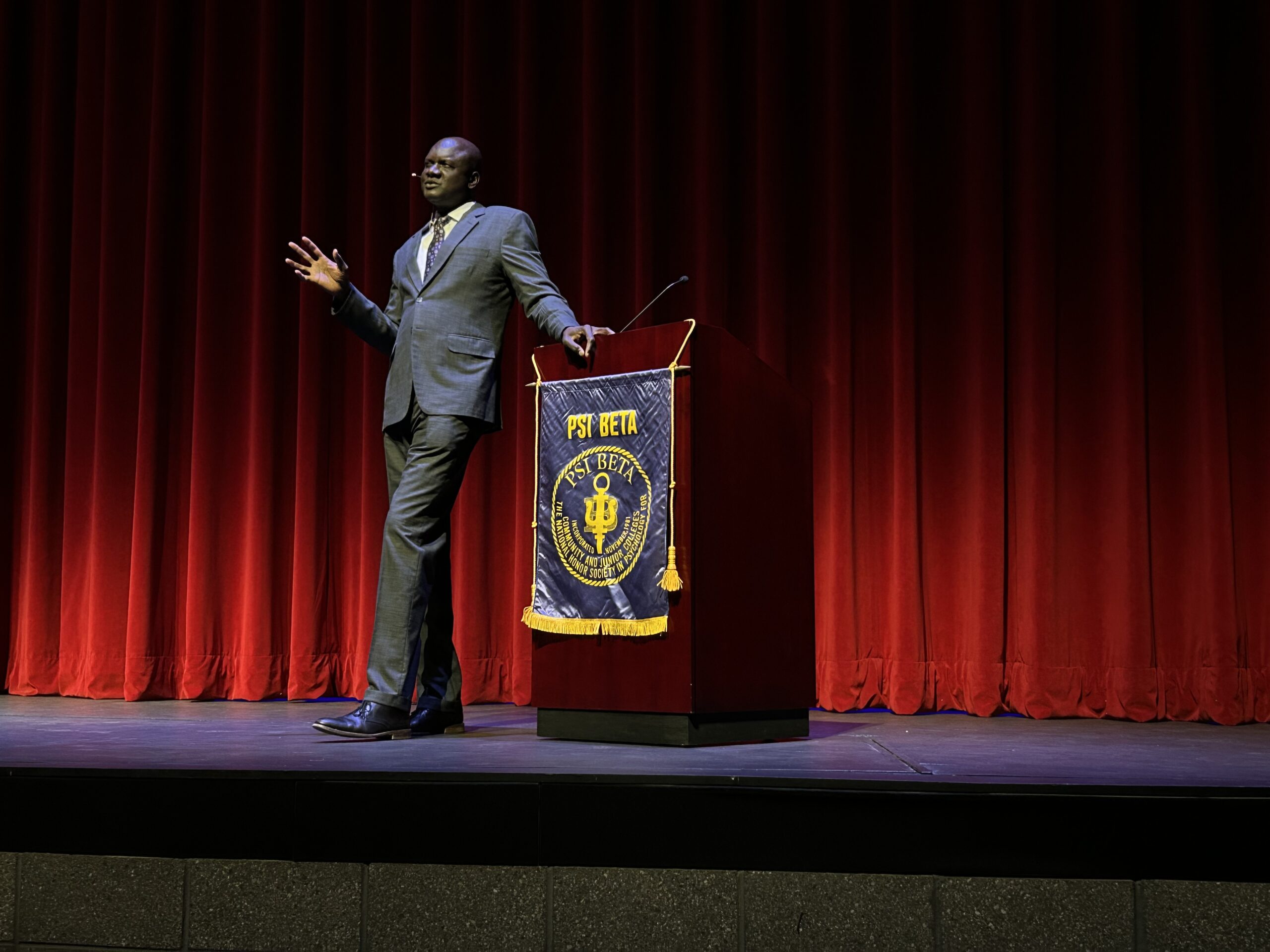Students unaware of identity theft dangers
Nidah Chatriwala
Students’ satisfaction with the security of their personal information is questionable.Identity is defined as qualities that make up a person, but it also stands for personal information that builds a profile to distinguish one in society.
Identity theft is defined as the unauthorized use of another’s personal information by criminals.
Personal information can be accessed through e-mail accounts, unattended important papers, decoding passwords, through the mail and so on.
Financial services expert Charles Fraser teaches the subject at Mesquite High School.
“One might think that students are targeted because of their relative lack of experience with credit cards and accounts in general.”
“However, students are just one subset of identity theft victims. Often fraudsters are attempting to catch potential victims when they least expect it,” Fraser added.
“By purporting to be one’s financial institution, complete with counterfeit logos and symbols, fraudsters are trying to catch busy students off guard. In the middle of a busy day one may fill in just a couple of pieces of information without thinking about. Before you know it, it can be too late,” he added.
A short questionar sent to MCC students, all responded that they did not know anyone who became a target of identity theft and believed that their personal information is not secure.
A few simple steps can be taken to prevent criminals from targeting students. Students shouldn’t provide their password, social security number or bank account numbers at any cost. Students should also avoid divulging their personal information online and over the phone.
If an e-mail from a financial institution is requesting social their security number, they should contact the institution by phone to clarify the action. While shopping online, be cautious of fraudsters.
If students do become a victim of identity theft, there are many actions that can be taken.
A student can call the bank and freeze all accounts, report the situation to Federal Trade Commission, contact fraud units to raise a red flag on their personal information and file a police report.
It is essential to keep track of all the actions taken in the case.









